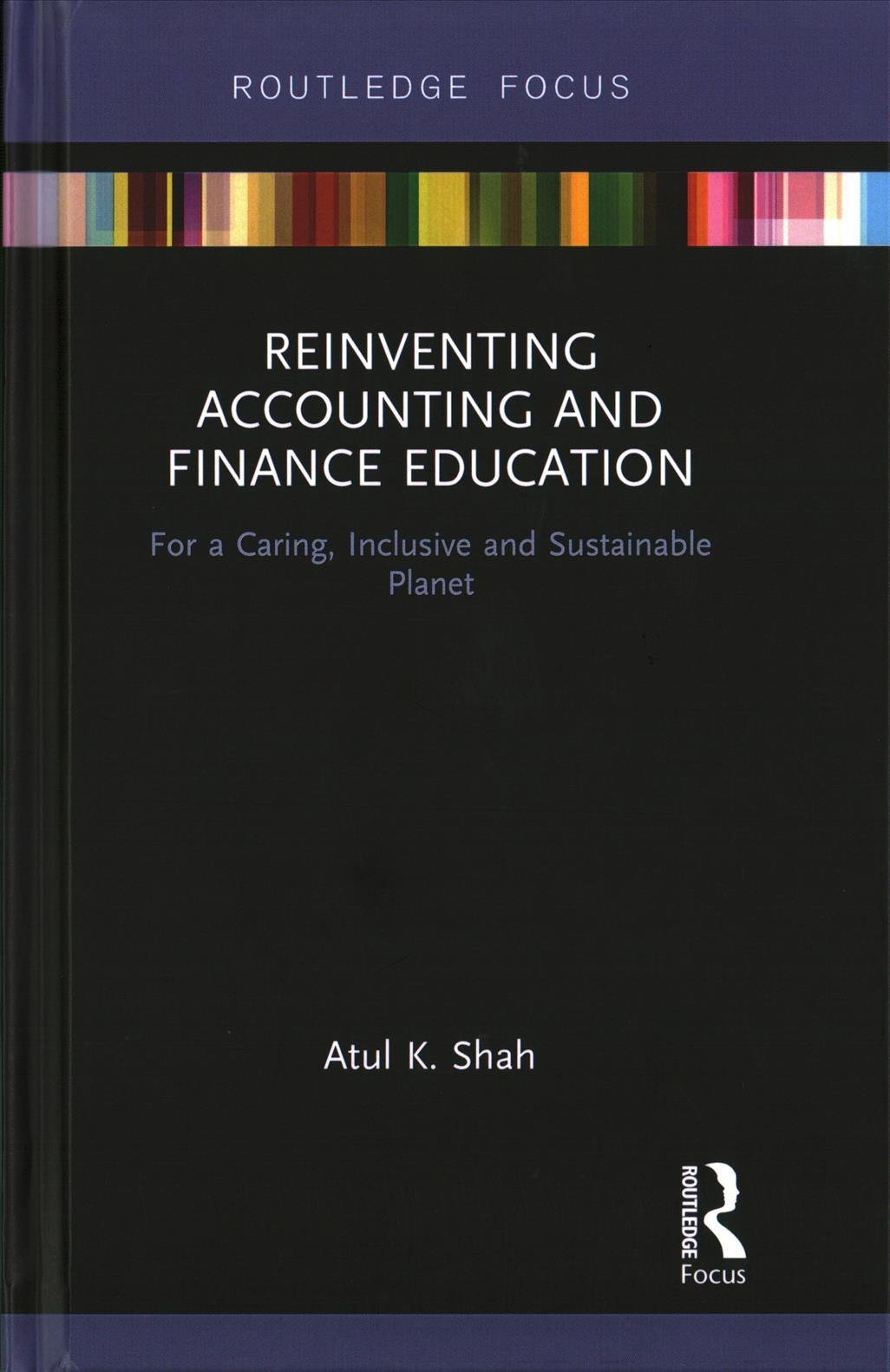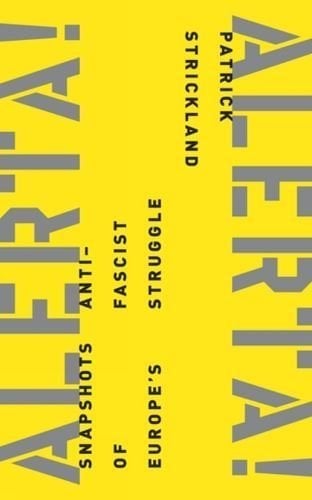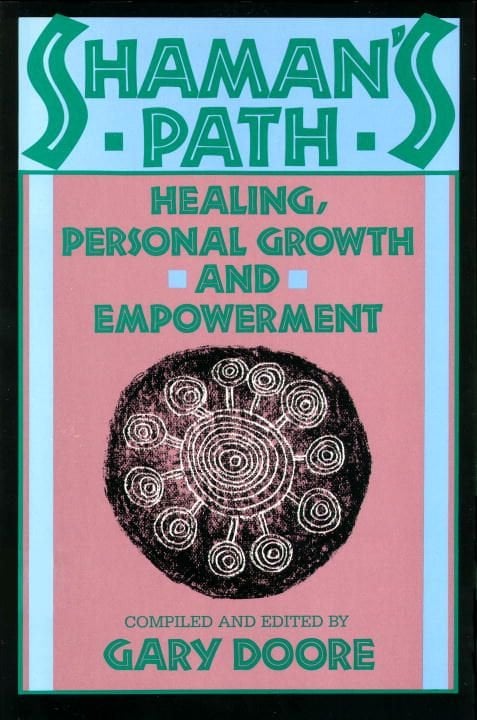There is a growing acknowledgement of the role played by finance theory and experts in the 2008 global banking crash, and their ongoing contributions to risks in the financial system. Some argue that finance theory is deeply ideological and the academy has been captured and corrupted by financial institutions and conservative journal editors and their unrealistic influence. Its language and terminology have been self-referential, enabling disciplinary closure but generating widening gaps with reality and lived experience. In particular, in spite of its deeply cultural and ethical nature, finance education has been stripped of any wider discussion of ethics and culture, and replaced by a particular neo-liberal greed and materialistic ethic. In an era of financialisation, some have called finance a ?curse on modernity’. The devastation this has caused and continues to cause is making the world highly unequal, risky and unsustainable. Serious and radical reforms are required in the teaching and research of finance. This book charts out the possible solutions for such reform.










![Katie Melua - Album No. 8 [CD]](https://avmedia.ams3.cdn.digitaloceanspaces.com/7/31/73131381-6060-409a-8c44-b692ed2185e1.webp)

